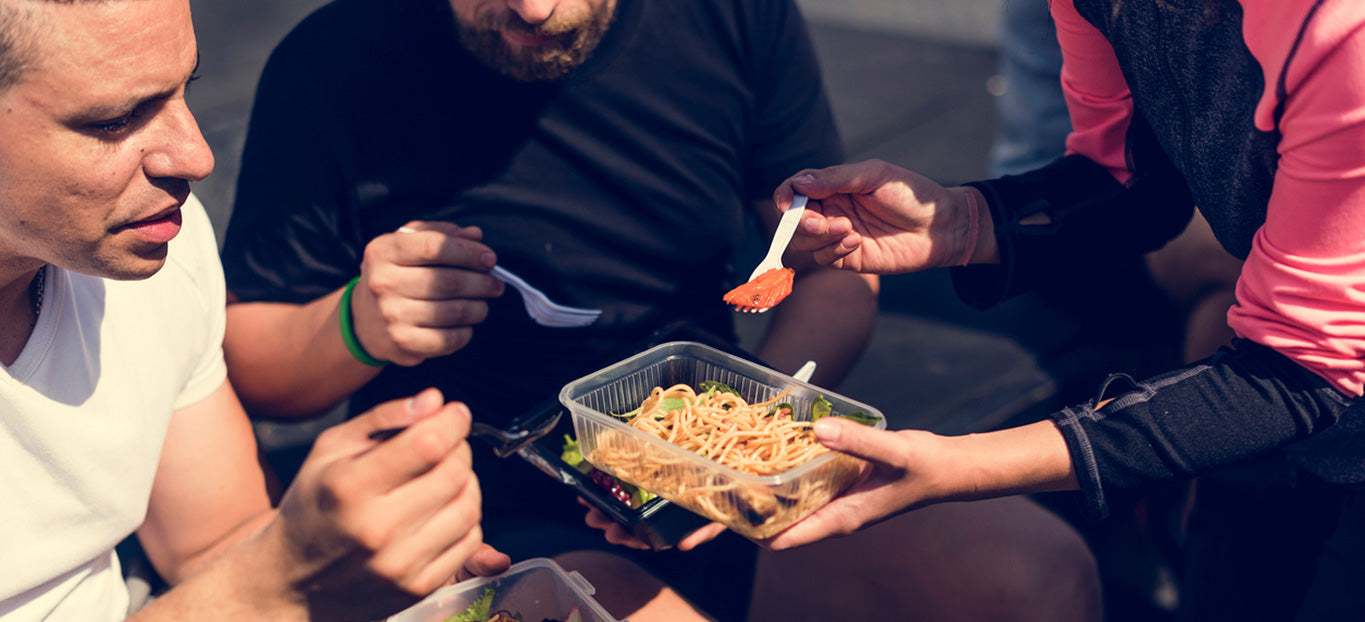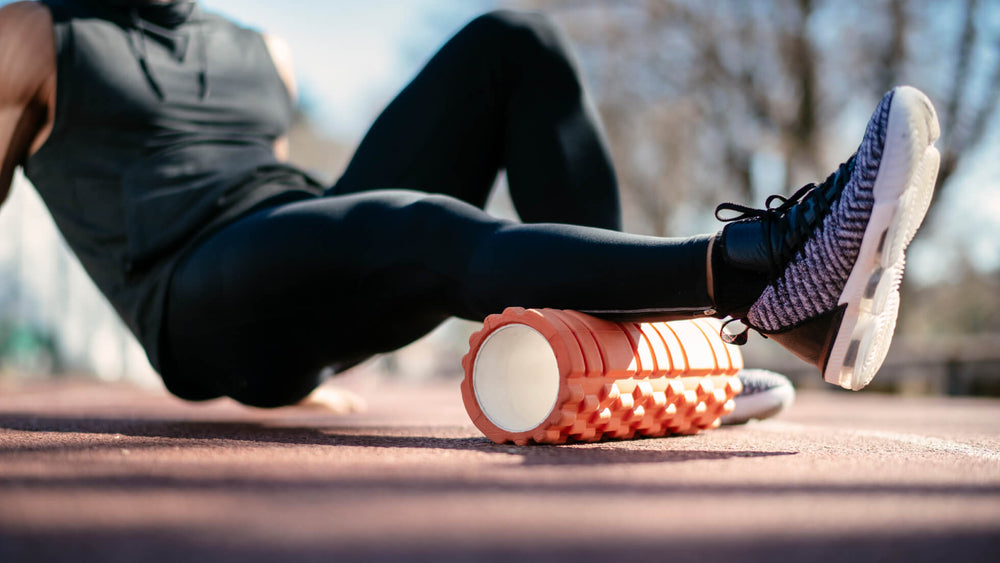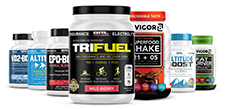Carbs and Athletes: We've Got Your Number

Most athletes understand the connection between nutrition and performance. There is a lot of interest in the “best” way to increase performance through diet, as well as a plethora of theories to match. We do know that carbohydrates provide quick-release energy for exercise, but there is still a lot of confusion over how many carbs you need, what type to focus on and when you need them, so let’s clear that up.
What is a carbohydrate?
Carbohydrates are one of three macronutrients, along with proteins and fats. Carbs are made up of long chains of glucose or other sugars. They are found in starchy foods, vegetables, beans, milk, fruit and any food that contains sugar. Fats and animal proteins do not contain carbohydrates. Once digested, the long carbohydrate chain is broken down into smaller glucose molecules to be used for energy.
Carbohydrates can be either simple — consisting of only a single sugar molecule or a few molecules strung together — or complex, with many sugars. Simple carbohydrates tend to be lower in nutrients and quick to digest, such as table sugar. Complex carbohydrates tend to be higher in nutrients and fiber and are slower to digest, such as whole grains. Nutrition-wise complex carbohydrates are usually a better choice, since they have more vitamins, minerals and fiber. But they may not be appropriate for athletes who need a quick burst of energy during an event.
How many carbs do you need?
The amount of carbohydrates you need will depend on your body weight and the type of activity you do. Moderate exercisers need 5 to 7 grams/kg per day; a heavy exerciser may need anywhere from 8 to 12 grams/kg per day. For a person weighing 150 pounds, this would translate to 340 to 476 grams per day for moderate activity and 544 to 816 grams per day for heavy activity.
Three to four hours before an event, you want to consume 200 to 300 grams of carbohydrates to be sure your glycogen stores are full. Although it’s best to eat whole foods to meet your carbohydrate needs, you may want to consider a supplement like TriFuel pre-workout to be sure you are getting enough.
Depending on the intensity, you may also need some additional carbs during your event. This is particularly important if you are exercising for more than an hour or if the event takes place in challenging environmental conditions, like heat or cold. The recommendation for during an event is about 30 to 60 grams of carbs per hour, or the equivalent of 0.7 g/kg of body weight.
After exercise, glycogen stores must be replenished. Approximately 1 to 1.5 g/kg of body weight should be consumed during the first 30 minutes, and then every two hours for the next 4 to 6 hours.
Choosing carbohydrates
How quickly a carbohydrate is absorbed into the bloodstream to be used for fuel can also impact performance and duration. Simple, fast-acting carbohydrate foods and drinks are quickly absorbed and tend to have the greatest impact on maintaining energy during a strenuous workout. It is best not to eat very high fiber carbs before or during a workout, as they can cause digestive issues. But at other times, it is always best to base the majority of your carb intake on natural, whole-food choices, such as fruits, vegetables and whole grains.
These numbers are a starting point for figuring out your individual carbohydrate needs. Every athlete and sport is different, and nutrition will need to be modified accordingly to support optimal performance.
References
Kanter M. High-Quality Carbohydrates and Physical Performance: Expert Panel Report. Nutr Today. 2017;53(1):35-39.
Hassapidou M. Carbohydrate requirements of elite athletes British Journal of Sports Medicine2011;45:e2.
Take the next step in your training regimen: Try any BRL Sports supplement risk-free! If our natural nutritional products aren’t the best you’ve ever used, simply return your purchase for a 100% refund — no questions asked!
Also in Inspiration & Perspiration

High Altitude Supplements: Complete Guide to Training & Prevention (Altitude Sickness Solutions)
Support endurance and reduce altitude stress with supplements that improve oxygen efficiency, stamina, and recovery in high-altitude conditions.

Best Supplements For Runners: Complete Guide By Training Phase (Base, Peak, Taper & Race Day)
Discover the best supplements for runners by training phase—base, peak, taper, and race day—to boost endurance, recovery, and performance.

Creatine for Endurance vs. Sprint Efforts
Creatine isn’t just for power—learn how it boosts sprint speed, recovery, and endurance performance.


